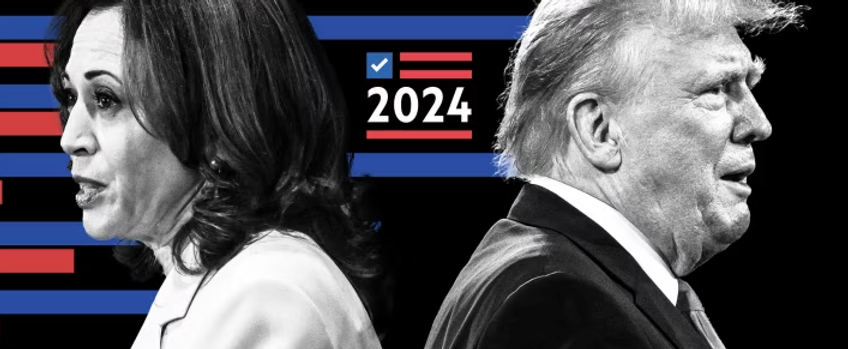Let's Talk Mental Health
Election Anxiety... it's REAL

Election anxiety is a common experience for many people, especially during the weeks leading up to and immediately following an election. This form of anxiety often stems from the feeling that so much is at stake. Elections can directly impact public policy, leadership, and even global relations, making individuals feel that the outcome could significantly affect their lives, values, and communities. The uncertainty and anticipation can lead to heightened stress levels, worrying thoughts, irritability, difficulty sleeping, and an overwhelming feeling of helplessness.
One key factor in election anxiety is the intensified media coverage during these times. News outlets frequently focus on high-stakes narratives, tight races, and potential scenarios that increase people’s sense of urgency. While it’s natural for media to cover elections closely, the constant influx of sometimes alarming information can create a feeling of “doomscrolling” — endlessly consuming content that heightens stress. Many people find themselves caught in a cycle of checking news updates and scrolling through social media, which only reinforces feelings of anxiety.
Social media can further intensify these feelings by exposing individuals to conflicting, polarizing, and often extreme viewpoints. On social platforms, people may encounter strong opinions, arguments, and even misinformation, which can contribute to a distorted sense of reality. The algorithms that drive these platforms often prioritize sensational content that captures attention, inadvertently increasing stress as people navigate contrasting perspectives. Additionally, social media can create pressure to engage in debates or defend one’s views, which may exacerbate feelings of overwhelm and frustration.
Another factor contributing to election anxiety is the personal importance individuals place on election outcomes. People may worry that certain policies will directly affect their families, finances, health, or freedoms, making them feel personally vulnerable if the outcome is not what they hoped. When it feels like so much is on the line, anxiety and stress can understandably build.
Managing election anxiety starts with setting boundaries for news and social media consumption. Taking breaks from screens, setting time limits, or following only reputable news sources can reduce feelings of overwhelm. Practicing mindfulness and relaxation techniques, like meditation or deep breathing, can also be beneficial in grounding oneself and staying present, rather than ruminating over future outcomes. Additionally, focusing on actionable steps — like voting, staying informed, and participating in supportive communities — can offer a sense of control. Talking with friends or family in a supportive, non-political way can also help diffuse tension. Emphasizing self-care, including exercise, healthy eating, and sufficient sleep, can provide a sense of stability, which is particularly important during stressful election cycles.
